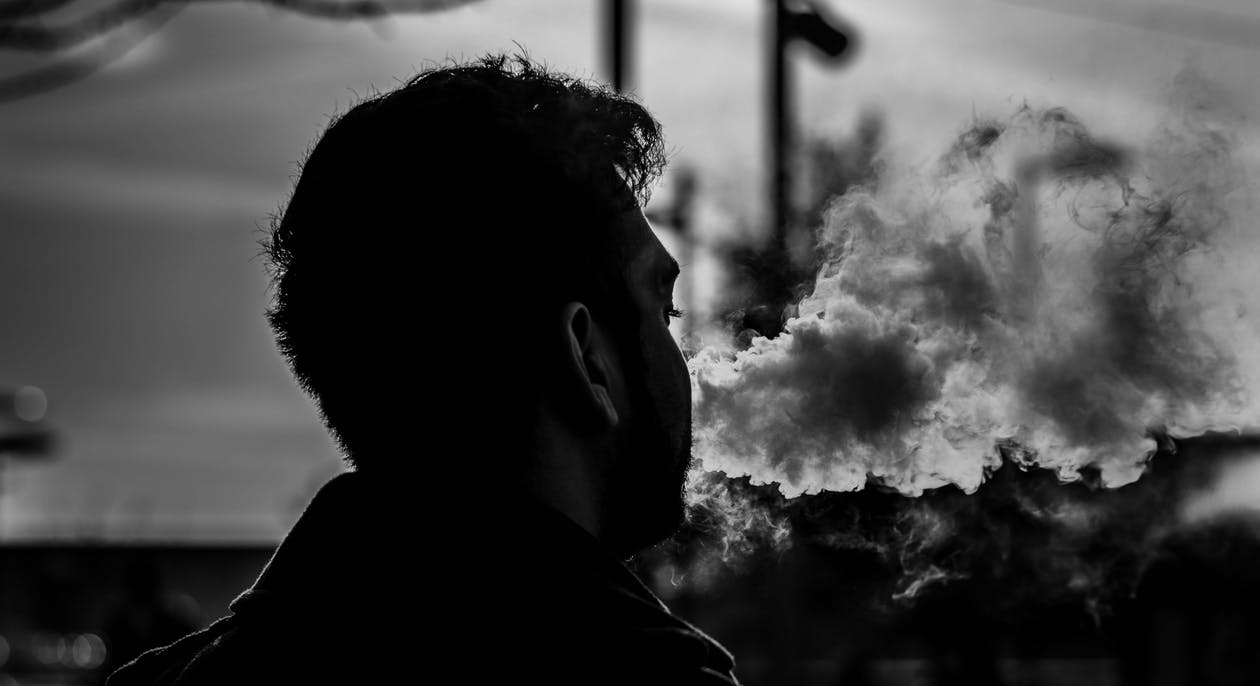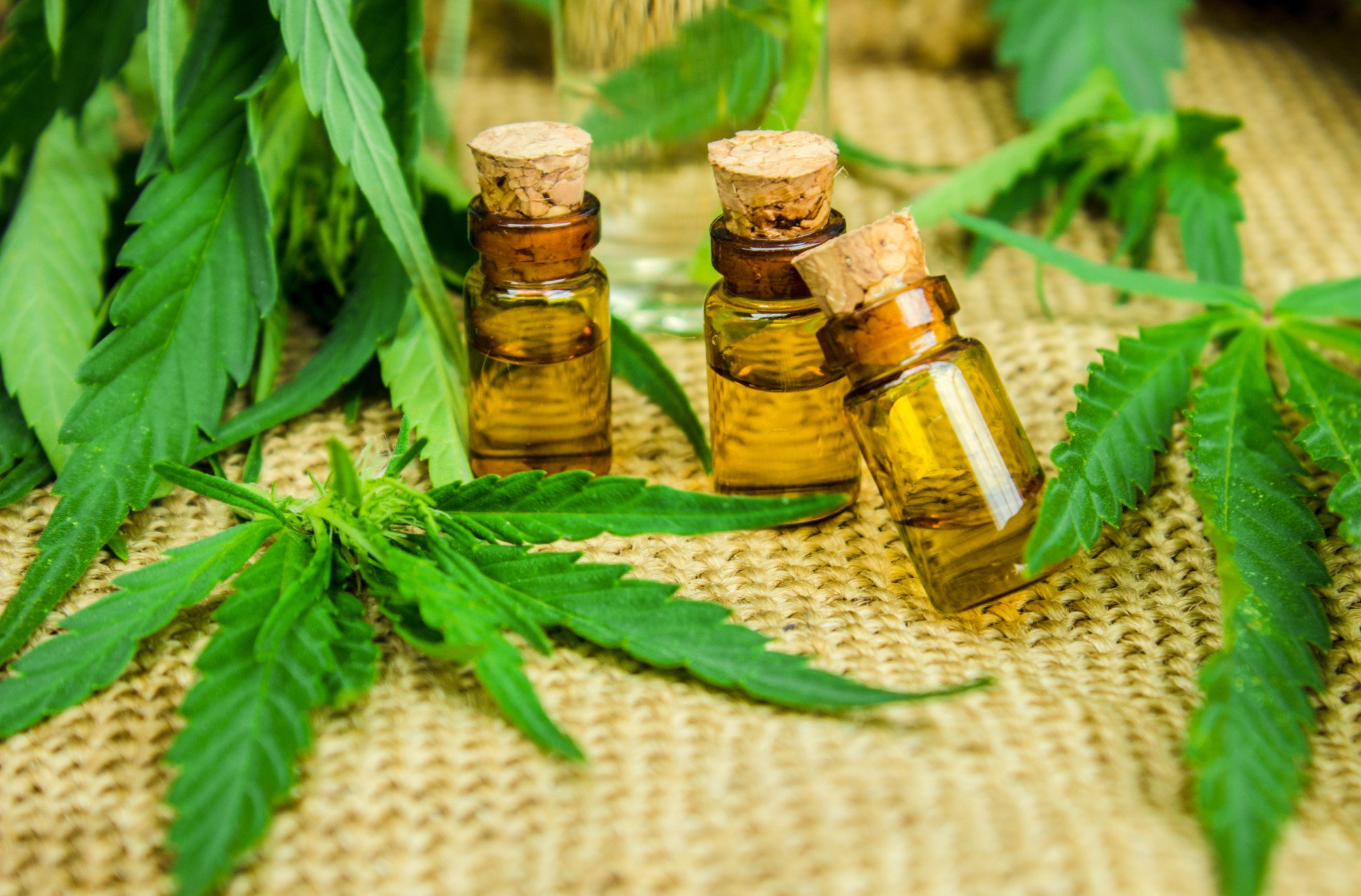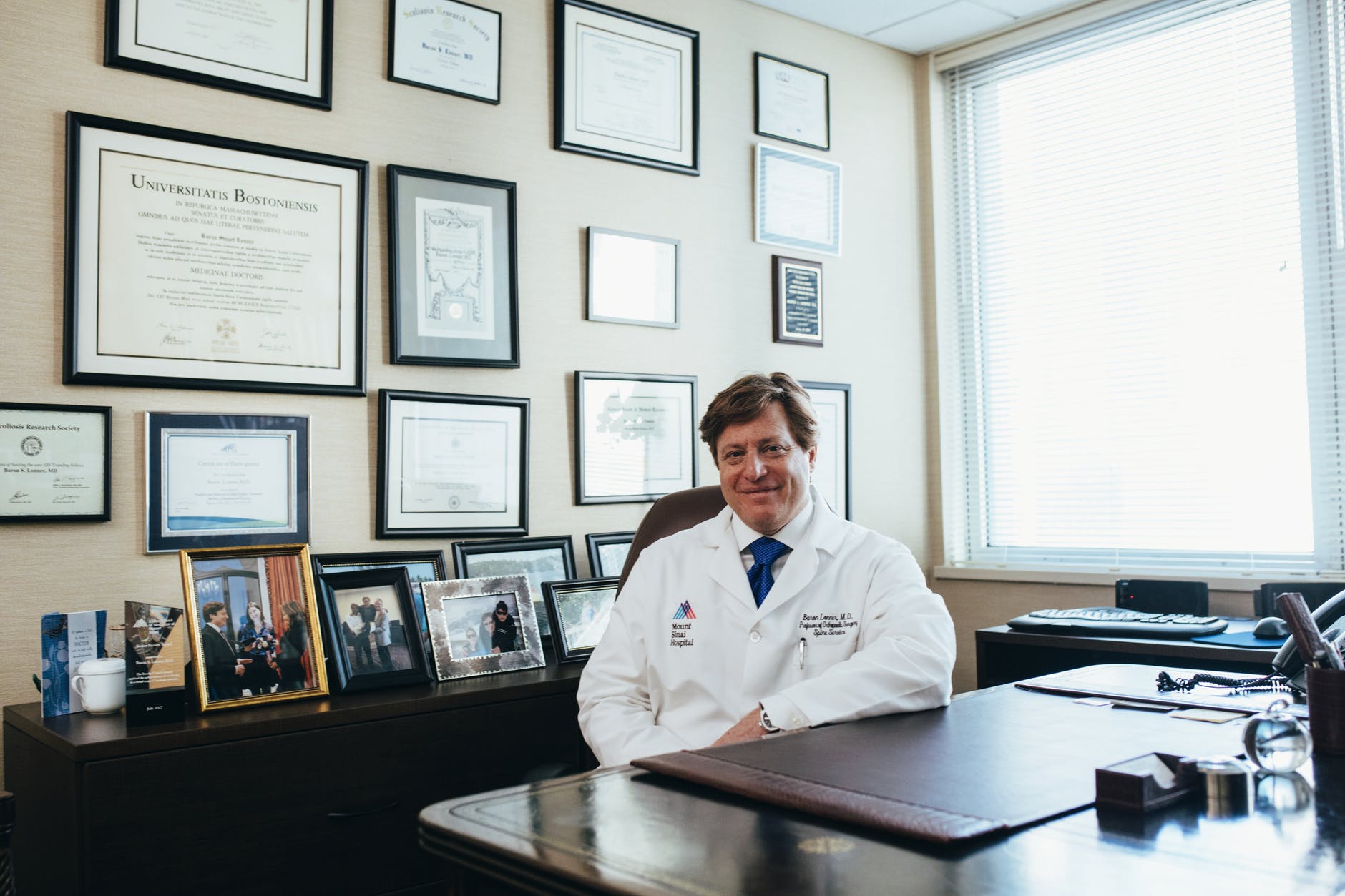The biggest fear about using cannabis is that it can get you ‘stoned.’ However, cannabis is no more a suspicious compound that can only give you ‘high’ because CBD or cannabidiol, a derivate of the cannabis is free from properties that cause high. Moreover, it is fast gaining popularity as a health aid capable of addressing a number of medical conditions. CBD can provide relief from chronic pains, can shrink tumors and even quell seizures. CBD has created quite a buzz among the medical fraternity especially scientists and patients, and over the past one year, there has been a considerable surge in demand for CBD that is now available online from Every Day Optimal, an exclusive store for CBD products. There is growing interest about CBD in all quarters, but at the same time, a lot of misinformation surrounding it is also doing the rounds.
In this article, we will highlight some misinformation to unearth the facts that one should know to appreciate the goodness of CBD.
CBD is only medical, and THC is only recreational
Many people believe that CBD outscores cannabis due to its non-recreational properties, as it does not contain the dreaded THC (Tetrahydrocannabinol) responsible for giving ‘high’ While it is true, that CBD does not give you ‘high, it would be too much simplification to conclude that it due to the absence of THC. The truth is that THC has some beneficial therapeutic properties that scientists are aware because it inhibits an enzyme beta-amyloid responsible for dementia related to Alzheimer’s disease. THC is the form of a single dose molecule is an appetite booster, and the anti-nausea compound is a Schedule III drug. A part of the cannabis plant that has low THC content within the permissible limits that does not cause high is the source of CBD.
THC and CBD – the bad cannabinoid and the good cannabinoid
There is a clear attempt to label THC as the bad cannabinoid as it causes high while CBD is the good cannabinoid that has medicinal properties. While this attitude might help the cannabis prohibitionists to hold a high moral ground, it surely undermines the medicinal value of THC. THC is harmful when it exists in high doses that create ‘high.’ However, it is irrational to rule out the existence of THC in CBD in small quantities, which could impart some medicinal properties to CBD.
CBD without THC is more effective
If you believe in scientific explanation, then you must accept the fact the CBD and THC work in tandem to give the best results. The cannabis compounds are like a power couple that performs the best as a team. The two compounds synergize with each other thereby enhancing the therapeutic effects of each compound. Scientists of San Francisco based California Pacific Medical Center while carrying out studies on breast cancer and brain cancer cells have found that a combination of CBD and THC is more potent in fighting tumors as compared to its effects when they use the compounds separately. In another research in the UK, scientists have found that the anti-inflammatory properties of THC get a boost in treating colitis in animals when combined with CBD.
CBD is not psychoactive
Some people project CBD as non- psychoactive but let us see how far true it is. While CBD is not an intoxicant, to construe it as non-psychoactive would be misleading. When a patient suffering from depression takes a low dose CBD in the form of tincture or sublingual spray, the initial feeling of well being that the patient experiences is a clear sign of the mind-altering abilities of CBD. This leads to the conclusion that CBD possesses mind-altering properties but in lower amounts than THC, which is the reason why CBD is legal in all the 50 state of America. CBD does affect the mental condition of patients by altering it in positive ways unlike cannabis with a high level of THC that can get you stoned. The psychoactive properties of CBD come good when used in large doses for promoting good sleep. However, CBD is not a sedative.
Oral CBD converts into THC when it reaches the stomach
There were rumors in the form of some misleading reports that claimed that when you take CBD as oral dosage, it converts to THC on reaching the stomach that can cause ‘high.’ People looked upon it as a side effect of CBD, which is not at all correct. Several studies have revealed that even high doses of CBD to the tune of 600 mg when ingested does not have any effects similar to causing ‘high.’ CBD has earned a clean chit in this regard from the World Health Organization in 2017 that clearly rules out the possibility of THC creation in the body.
Psychoactivity is an adverse side effect in cannabis
It seems that there is a conscious attempt to establish a politically correct stand by the anti-marijuana camps by upholding the view that psychoactivity is an undesired side effect of cannabis or marijuana. Big pharmaceutical companies too want to synthesize CBD or medical marijuana without causing any ‘high.’ However, it is not clear how causing ‘high’ could be bad for any person whether sick or healthy. The psychoactive properties of cannabis closely intertwine with the therapeutic properties and in no way is it a side effect. The right way to describe cannabis is to look upon it as a medicine first that has some psychoactive properties instead of describing it as an intoxicant that possesses some therapeutic properties.
The source of CBD does not matter
The source of CBD is essential because the extent of cannabidiol determines its effectiveness as a health aid. CBD obtained from industrial hemp is low in CBD content, and cannabis flower tops are ideal sources for obtaining high content CBD. Since huge quantities of industrial hemp produce very small quantities of CBD, chances of contamination are high as hemp draws toxins from the soil.
CBD is not a miracle, but it is undoubtedly useful in providing relief from some medical conditions.





